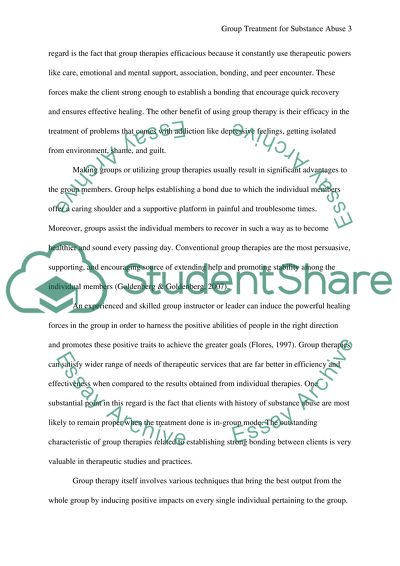Cite this document
(Treating Substance Abuse With Group Therapy Essay, n.d.)
Treating Substance Abuse With Group Therapy Essay. https://studentshare.org/health-sciences-medicine/1563150-group-treatment-for-substance-abuse
Treating Substance Abuse With Group Therapy Essay. https://studentshare.org/health-sciences-medicine/1563150-group-treatment-for-substance-abuse
(Treating Substance Abuse With Group Therapy Essay)
Treating Substance Abuse With Group Therapy Essay. https://studentshare.org/health-sciences-medicine/1563150-group-treatment-for-substance-abuse.
Treating Substance Abuse With Group Therapy Essay. https://studentshare.org/health-sciences-medicine/1563150-group-treatment-for-substance-abuse.
“Treating Substance Abuse With Group Therapy Essay”. https://studentshare.org/health-sciences-medicine/1563150-group-treatment-for-substance-abuse.


